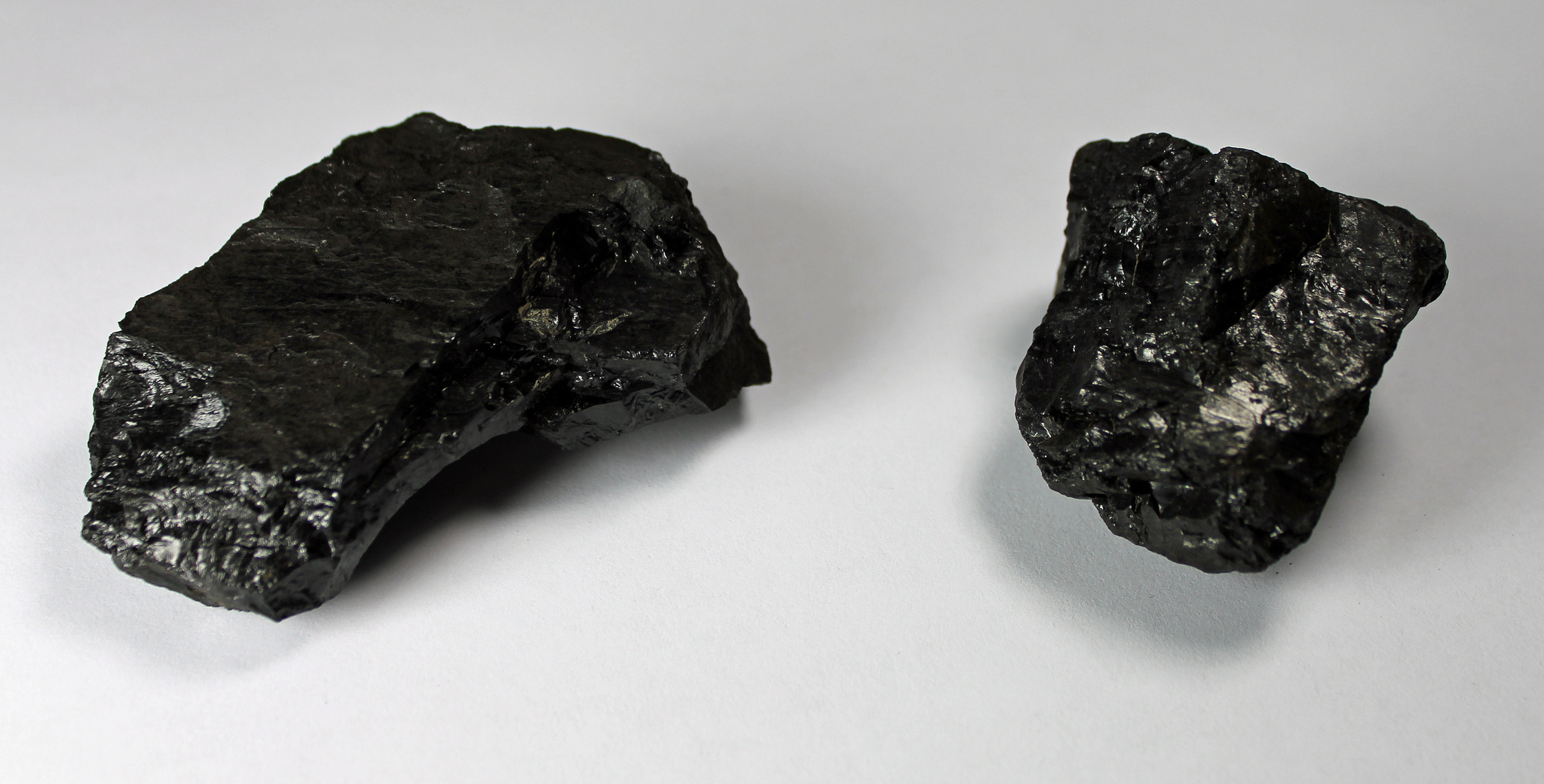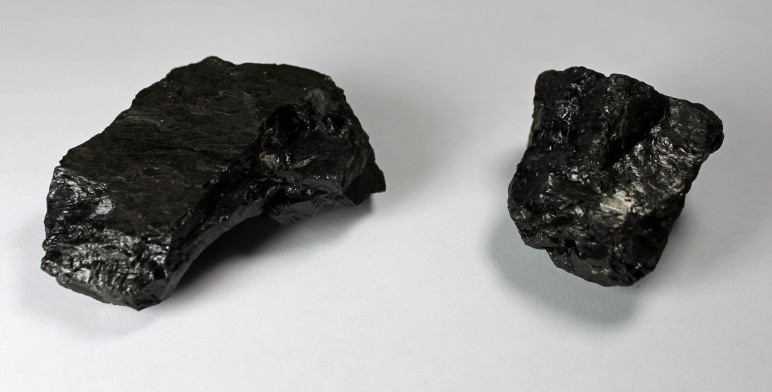Coal export terminals in British Columbia suffered two big blows last week.
The first blow came from tar sands giant Suncor, which announced that it would halt shipments of petroleum coke, or “petcoke,” through the Ridley terminal on the northern coast of the province. The petcoke shipped through Ridley is a tar sands byproduct that’s “like coal, but dirtier,” yielding 53 percent more climate-warming pollution per ton than coal, as estimated in this excellent Oil Change International report. But what’s bad for the planet has been good for Ridley: petcoke shipments have made up a growing share of the terminal’s throughput, accounting for about one-fifth of Ridley’s shipments this year. Since Suncor appears to be Ridley’s only petcoke supplier, this announcement could signal a 20 percent decline in shipments at Ridley over the coming year, on top of any further coal cutbacks at the struggling terminal.
Westshore expects its shipments to fall to roughly 24M tons next year, down from an all-time high of nearly 31M tons in 2014.
The second blow to BC coal exports came from a US-based firm called Global Coal Sales Group, which markets coal from the Signal Peak coal mine located in Montana. Westshore announced that Signal Peak plans to trim exports through the terminal next year, and possibly in 2017 and 2018 as well. The news forced Westshore to slash its dividend and to consider putting a planned equipment upgrade on ice. Signal Peak is the second US coal company this fall to announce a cutback at Westshore. In late October, Cloud Peak Energy, which had been shipping upwards of 4 million tons of coal per year through Westshore, announced that next year it would back out of its export commitments and instead would pay Westshore not to ship its coal. Together, the two US-based miners had shipped more than 10 million tons of coal to Asia as recently as last year. With US coal exporters pulling back, Westshore now expects its coal shipments to fall to roughly 24 million tons next year, down from an all-time high of nearly 31 million tons in 2014.
Signal Peak has been something of a stealth player in the Northwest coal export debate. Cloud Peak, along with nearly-bankrupt Arch Coal and struggling Peabody Energy, have been very public in their support for massive coal terminals in Washington. But we haven’t heard much from Signal Peak — even though for three years running, the company has exported more coal from the Pacific Northwest to Asia than Cloud Peak, Arch, and Peabody combined.
Signal Peak may have good reasons for remaining behind the scenes: the company is co-owned by characters so shifty that they would make good source material for comic book villains.
One co-owner is the Boich Companies, a privately owned coal mining and marketing company headed by billionaire ex-playboy Wayne Boich, Jr., who has made headlines for dating starlets and models and for spending $20 million on Miami beachfront real estate for an extravagant party mansion. The rest of the Boich family has a colorful history: Wayne Jr.’s father reduced his involvement in the company’s business to focus on high-stakes poker, while his uncle Mitch, the Boich Companies’ founder, was known as a political wheeler-dealer, a major Republican political contributor, and a profligate partyer and gambler.
Signal Peak’s other co-owner is the Gunvor Group, a global commodity trading business registered in Cyprus, headquartered in Geneva, and founded by a Swede and a Russian. The latter, Gennady Timchenko, was a reputed associate of Russian president Vladimir Putin, and diplomatic reports have suggested that Gunvor effectively served as an illicit piggy bank for Putin—a claim that Gunvor has vigorously denied. As for Timchenko himself, he was forced to sell his stake in Gunvor after the US included him on a sanctions list related to Putin’s military adventures in the Ukraine.
With such colorful, high-flying, risk-loving backers, Signal Peak has had good reasons to avoid the limelight. Now that Boich and Gunvor are sidling towards the exits, I’m almost sad to see them go; they would have served as such wonderfully vivid exemplars of who would really profit from the Northwest coal export game.
Like what you're reading? Find out more bad news for Big Coal here.












Alex Ramel
A notable exception to the Global Coal Sales relative silence, they donated $50K to the Whatcom County elections in 2013. https://www.pdc.wa.gov/rptimg/default.aspx?batchnumber=100548854
Wish I’d known about the Putin connection at the time!